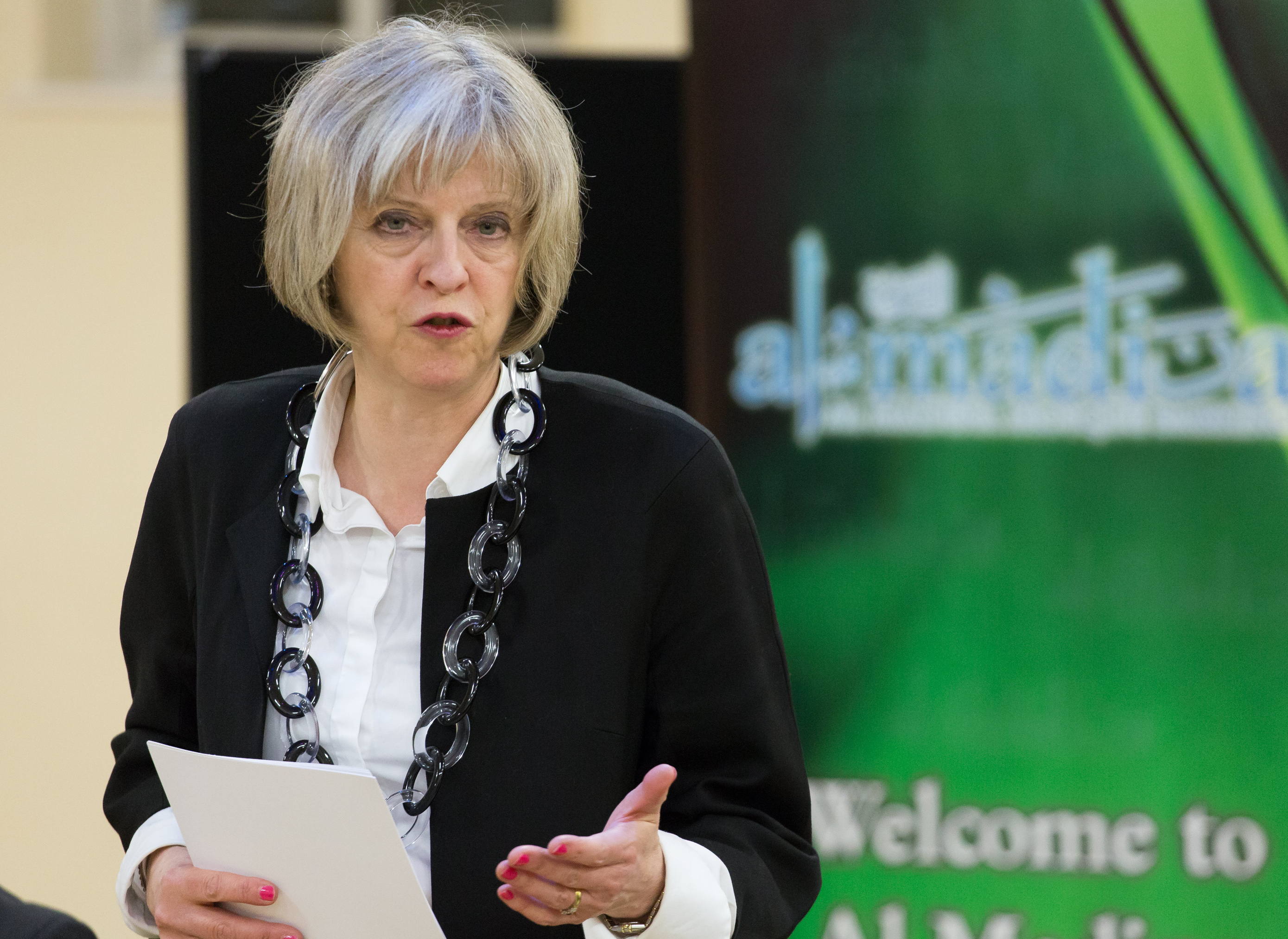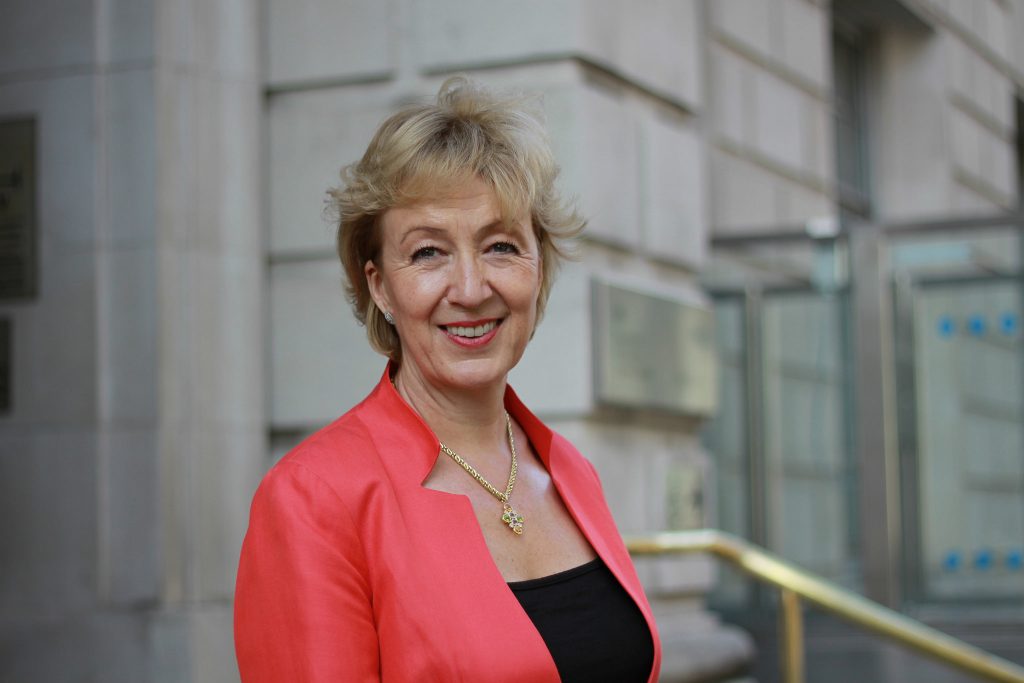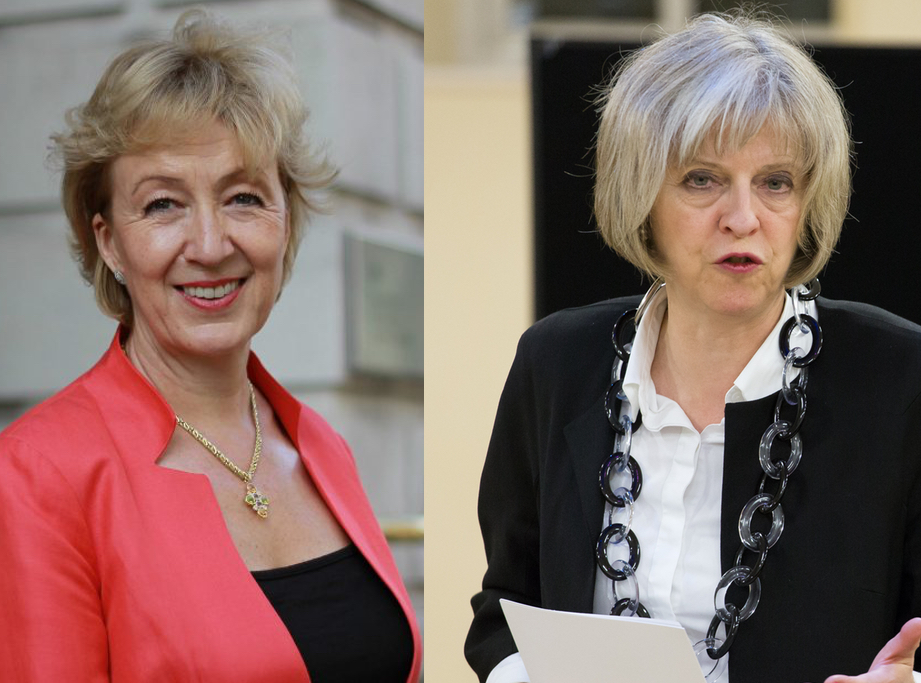The Conservative Leadership election is set for 9 September 2016. The winner will succeed David Cameron as Prime Minister. Where do the two remaining candidates stand on human rights and equalities issues?
1. Theresa May

Theresa May’s views on human rights are well known, largely because she has been Home Secretary since 2010. May has been an MP since 1992, after starting her career in the Bank of England in 1977. It is fair to say she has never been a strong supporter of the Human Rights Act or the European Convention on Human Rights – she voted against the Human Rights Act in 1998. In 2011, she notoriously told the Conservative Party Conference a story about the “illegal immigrant who cannot be deported because – and I am not making this up – he had a pet cat”. It turned out she was making it up.
She has repeatedly clashed with both the UK and Strasbourg human rights courts over particular issues, most notably the deportation of terrorism-suspect Abu Qatada, although she did use human rights protections to block the extradition of hacker Gary McKinnon and has been a strong advocate for limiting police powers to stop and search members of the public.
In April 2016, May came out strongly in support of leaving the European Convention on Human Rights. She said the Convention “can bind the hands of parliament, adds nothing to our prosperity, makes us less secure by preventing the deportation of dangerous foreign nationals – and does nothing to change the attitudes of governments like Russia’s when it comes to human rights”. The Attorney General had to confirm the next day that this did not represent government policy.
Nonetheless, May did something of a U-Turn when she announced during her candidacy speech in June 2016 that she would not pursue withdrawal of the ECHR because it “is an issue that divides people” and there would be no Parliamentary majority for it. Some have speculated the reversal was the price of tempting liberal Tories like Dominic Grieve QC to support her candidacy. Of course, where she stands before the 2020 Election and where she stands afterwards are to quite different things. She has not said she supports the Convention in principle; merely that she will not pursue it at this time.
They Work For You say May’s voting record on human rights and equalities issues is mixed. On equalities, May was a strong supporter of the Marriage (Same Sex Couples) Act 2013 and voted in favour of civil partnerships.
2. Andrea Leadsom

Former financial institutions director of Barclays Bank and Conservative activist since university, Leadsom was only elected to Parliament in 2010 so her views are less well known. She “positively abstained” from the equal marriage vote in 2013. She said this was because while she wanted to support gay rights, she could not “vote for a measure that risks centuries of faith based belief in marriage as between a man and a woman.” Her They Work For Your entry says that she has generally voted against laws to protect human rights and equalities.
Leadsom was another prominent Leave campaigner and believer in the strength of the British economy. She appears to endorse the view that the European Convention on Human Rights should remain in place. Her website cites the ECHR as one way of protecting our rights with a Leave result.
In 2012, Leadsom told the House of Commons that businesses with three employees or fewer should no longer have to comply with any employment regulations, particularly “No minimum wage, no maternity or paternity rights, no unfair dismissal rights, no pension rights—for the smallest companies that are trying to get off the ground, in order to give them a chance“. As this post explained, post-Brexit employment rights would no longer be pegged to European Union minimum standards, so it is plausible that such a policy could be enacted.
With thanks to Neil Crowther’s blog for inspiring this post.
Fun fact: All five candidates voted against a referendum on EU membership when the idea was first mooted on 24 October 2011.







